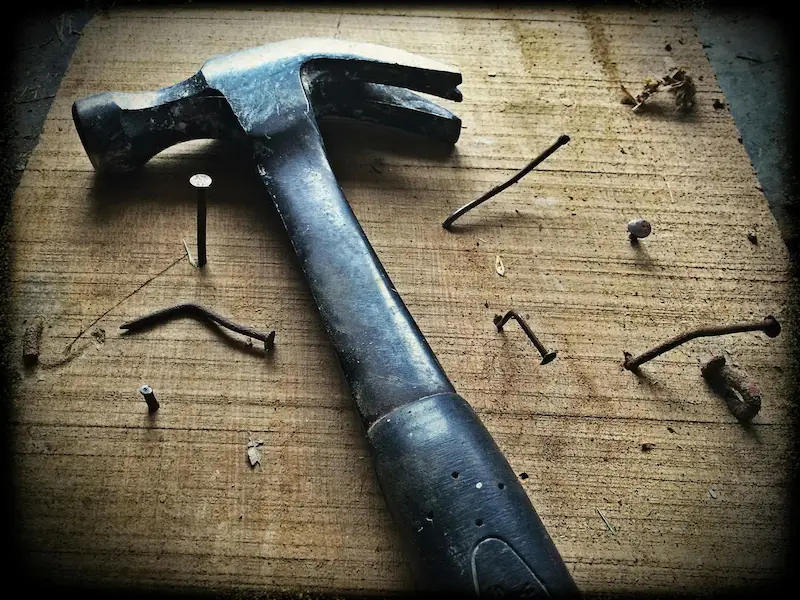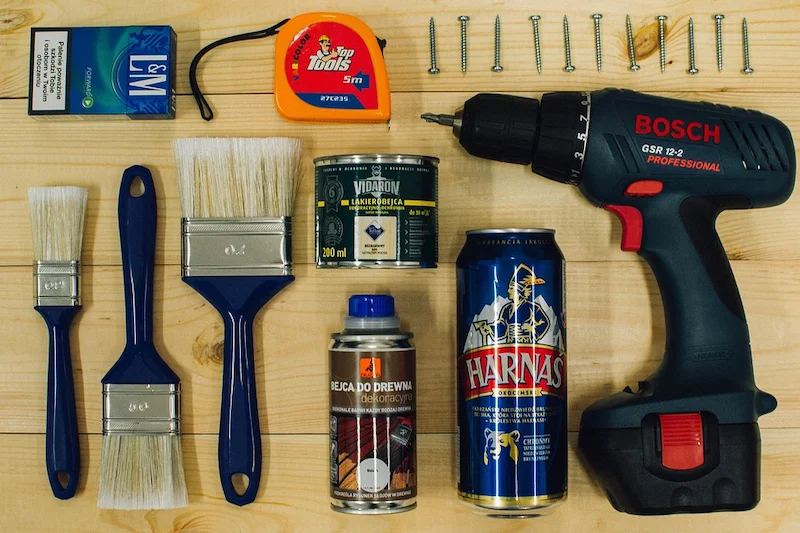Table of Contents
Owning a home comes with many responsibilities, and one of the most challenging is dealing with emergency repairs. When something unexpectedly goes wrong, it’s crucial to act fast to prevent further damage. Knowing how to treat emergencies can save you time and stress, whether it’s a leaky roof, a burst pipe, or electrical issues. Here are essential tips to help you manage emergency repairs in your home.
Immediate Roof Repair After a Storm
One of the most common emergency repairs homeowners face is roof damage, particularly after a storm. High winds, heavy rain, and falling debris can cause shingles to dislodge or even leave your roof with leaks or structural issues. If your roof is compromised, taking immediate action is vital to prevent water damage. Inspect your roof from the ground to assess the damage. Avoid climbing onto the roof if it’s unsafe. As you can see at https://iamroofing.com/blog/emergency-roof-repair/, it’s important to contact a roofing contractor to handle any major repairs, as they have the expertise and tools to ensure the job is done safely. For more minor repairs, you can temporarily cover exposed areas with a tarp to keep water out until professionals can assess and fix the problem.
Shut Off Water for Burst Pipes
A burst pipe is one of the most urgent emergencies a homeowner can face, as it can lead to significant water damage. If you notice a burst pipe, locate and shut off the main water supply to stop the water flow. Once the water is turned off, drain the pipes by turning on faucets and flushing toilets to relieve any remaining pressure. After stopping the water flow, inspect the damage, determining if a temporary fix is possible. Patching up the leak with pipe repair tape or a pipe clamp may help until a plumber arrives. Remember to dry the affected area as much as possible and call a professional plumber to avoid mildew growth.
Electrical Problems: Turn Off the Power
Electrical issues like sparking outlets, flickering lights, or sudden power outages can be dangerous. If you notice any of these signs, your priority should be safety. Turn off the power at your home’s circuit breaker to prevent electrical fires or injuries. Once the power is off, contact a licensed electrician to assess the problem. Electrical work can be hazardous, so it’s best to leave repairs to professionals. Avoid using the affected outlets or appliances until a thorough inspection has been done, and always have an electrician evaluate any wiring issues.
Fixing a Leaky Faucet or Toilet
A leaky faucet can waste a lot of water over time, but it’s a repair you can often handle on your own. Turn off the water supply under the sink if the leak comes from a faucet. Then, disassemble the faucet, checking for worn-out washers, seals, or O-rings, which are common culprits of leaks. Replace any damaged parts before reassembling the faucet. For toilet leaks, check the fill valve, flapper, or flush handle for wear and tear. Replacing these parts is usually inexpensive and can stop leaks immediately. If the problem persists, contact a plumber to avoid potential water damage or increased water bills.
Addressing Heating and Cooling Emergencies
Your HVAC system is crucial in keeping your home comfortable, which can be a major inconvenience when it breaks down unexpectedly. If your HVAC stops working, check the thermostat settings, resetting the system if necessary. Sometimes, the issue can be as simple as a tripped circuit breaker that needs to be replaced. If these quick fixes don’t resolve the problem, it’s essential to call an HVAC professional. In the meantime, use portable fans, space heaters, or additional insulation to maintain a comfortable temperature until the system can be repaired.
Temporarily Fix Broken Windows

A broken window can pose safety and security risks, so addressing the issue as quickly as possible is essential. If you find yourself with a shattered window, start by clearing away any broken glass carefully. Wear gloves to protect your hands, and use a vacuum to pick up tiny shards. Cover the window opening with heavy-duty plastic or plywood for a temporary fix to keep out the elements and protect your home from intruders. Once the window is secured, contact a professional glazier to replace the glass and ensure the frame is sealed correctly.
Handling home emergencies requires quick thinking and knowledge of basic repair techniques. Addressing urgent issues like roof damage, burst pipes, or electrical problems can minimize further damage and keep your home safe. Remember to seek professional help when necessary, especially for complex repairs that require expert attention.
Want to explore something different? 6 Pieces of Tech Equipment to Have if You Work in Challenging Environments

